Review: BMW 1 Series E87 ( 2004 – 2013 )
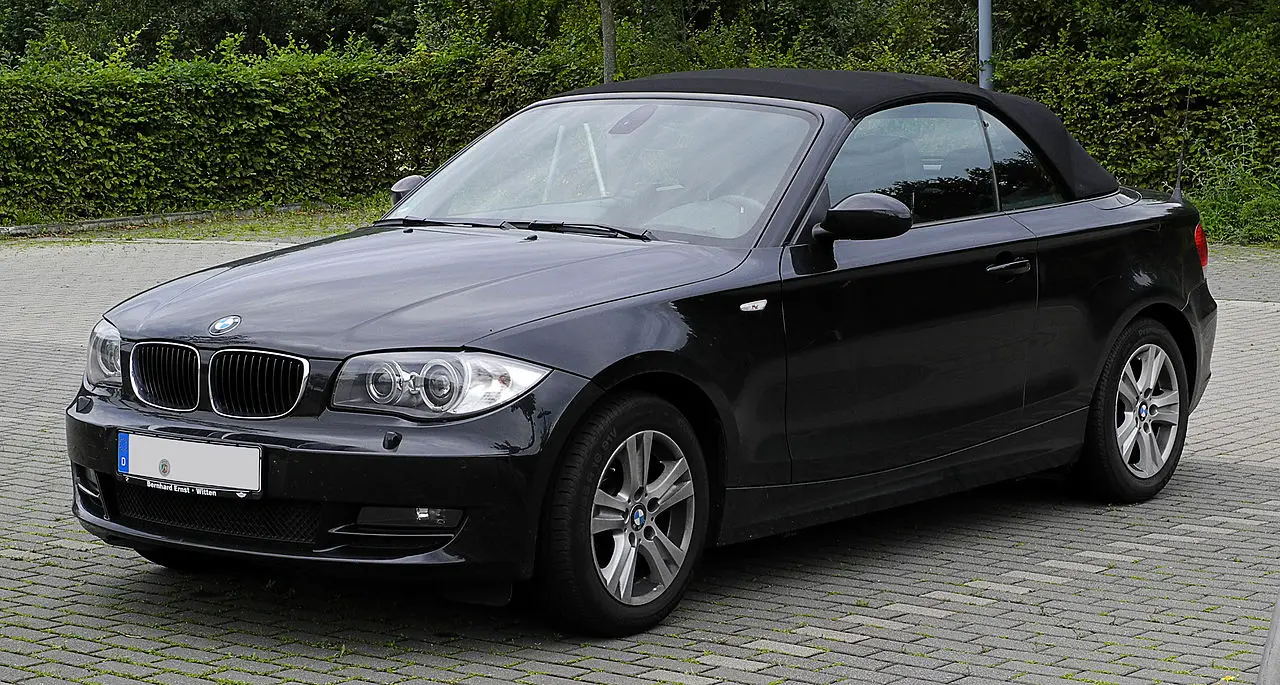
If you want a BMW but can’t really afford a BMW, you buy a BMW E36. Or a BMW 1 Series E87. But is it worth buying the first generation of the cheapest BMW in 2023? Find out in today’s review.
The BMW 1 Series E87 came in 2004 to steal the cake from the Audi A3, making it the second premium manufacturer to enter the compact market. There’s also the Mercedes A-Class, but that’s a tall order to call that thing a car.
What did the BMW 1 Series come up with to take our money?
- First of all, it came with the badge. The BMW 1 Series E87 came to give people who want a new BMW but can’t afford it the chance to afford a new BMW. Yes, a lot of compromises were made on the luxury, comfort, and performance side, all in the name of that badge. And people bought it. People have proven they can and will do anything just for that social status.
- The BMW 1 Series E87 was the first modern compact hatchback to come with rear-wheel drive. For a long time, if you wanted a hatchback and you wanted both sportiness and rear-wheel drive, the BMW 1 Series E87 was your only choice, whether you liked it or not. The rear-wheel drive however made even the entry level versions fun.
- The first modern hatchback to come with absolutely huge engines. If most manufacturers conformed after the Golf GTI and stuck to 2-liter engines, turbocharged or not, the BMW 1 Series E87 came with a massive 3-liter V6 petrol ready to rip your face, knickers, and bank account off. Yes, a compact car with a 3-liter V6 petrol engine and rear-wheel drive makes little sense to most buyers, but the car enthusiasts were delighted with the option. And this was the only option.
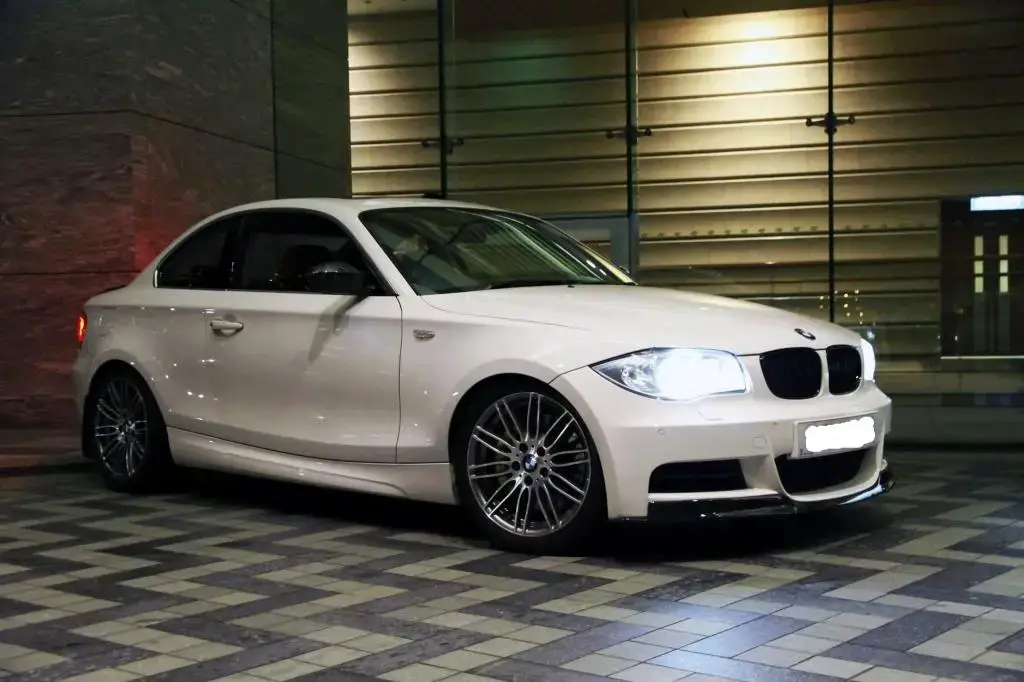
BMW 1 Series E87 Engines
Petrol
- 1.6 N43 and N45 N/A of 114 and 121 horsepower – Coming in as the 116i, the N45 and N43 engines are to be avoided. Aside from reliability issues and lack of power, the most serious issue is that this engine was the base engine for the BMW 1 Series E87. Here are most owners who bought a new BMW even though they couldn’t really afford one, the equipment list is minimalist and maintenance was doubtful, to say the least.
- 2.0 N46 and N43 N/A of 121, 127, and 141 horsepower – Code names N46 and N43 and BMW 1 Series E87 118i, I definitely recommend the old 127 horsepower N46 for the simple fact that it’s a very reliable engine, if you can live with the oil consumption. About the N43, more on that later.
- 2.0 N46 and N43 N/A of 148 and 168 horsepower – Same N46 and N43, in a different tuning state and with 120i lettering.
- 3.0 I-6 N52 of 215, 261, 255, 302, 322, and 335 horsepower – Inline 6 cylinders starting at 215 horsepower in the 125i version and ending at 335 horsepower in the 1M Coupe version, the 3-liter petrol doesn’t even matter what issues it may have because maintenance won’t be cheap anyway.
Diesel
2.0d M47 and N47 of 114, 121, 141, 163, 174, and 201 horsepower – The 114 version isn’t even worth mentioning, so the 116d is out of the question. That leaves the 121 horsepower M47 engine in the 118d and the 163 horsepower in the 120d. The others fall into the category of general issues.
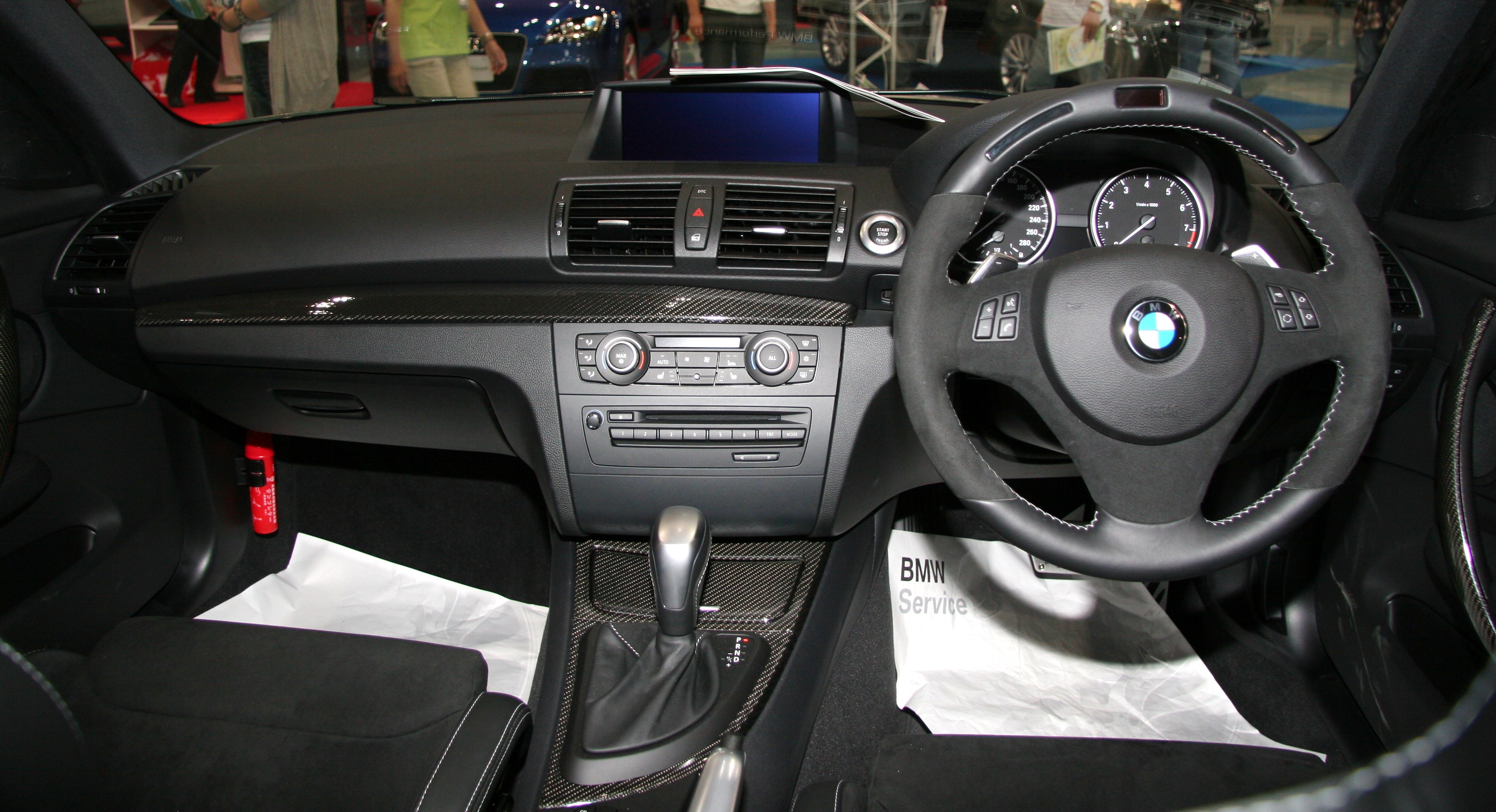
BMW 1 Series E87 General Issues
- First of all, if we’re talking about diesel engines and in this case you want the old M47 engines from the 118d and 120d. The engines in question are 121 horsepower 118d and 163 horsepower 120d. Pay close attention to the 118d because it was the most popular among those who couldn’t afford a BMW 1 Series E87 but bought one anyway. Because they moved from an apartment to a garage so that the living costs were low enough so that they could afford to buy the car, maintenance was done just as responsibly. Plus a 118d already has over 1 billion miles on it. Plus the M47 engine suffers from the classic swirl valve issue.
- Secondly, diesel engines post-2007 have serious timing and timing chain tensioner issues. Moreover, in their vast intelligence, the German engineers thought that the timing did not need repair and mounted it behind the engine. So to change the timing and the tensioner you have to take out the engine.
- As with the El Chombo‘s videos, the quality of the ABS and ESP sensors are exceptional. These two sensors respect your wallet in the same way that El Chombo’s videos respect women.
- Petrol engines post 2007 have serious injector and coil pack issues. Basically you will need to have spare injectors ready in the boot, if you don’t want to be left stranded on the side of the road either. At least you’ll have time to take pictures of your BMW while posing in the field.
- The steering column also comes with its own issues, the steering wheel having a bad habit of locking up. The solution can be either a software update or replacing the whole column, in the most extreme cases.

BMW 1 Series E87 Verdict
The cheapest modern BMW. If you want a simple, low-tech car that only comes with rear-wheel drive and good looks, then the BMW 1 Series E87 may be an inspired choice. A car for young people who have some money and want to have fun. I say young people because you have to get used to the manually operated windows and the lack of space in the back and boot. But the lack of space in the back shouldn’t be too much of concern for you. You own a BMW, so you don’t have any friends anyway. If you start looking for BMW 1 Series E87 equipped models, you’re better off with the BMW E90, as they are similarly priced on the used market. If you want a simple sports car instead, then the base models are best for the kind of person looking for a first-generation 1 Series.
Which engine do I recommend? Totally unironically, the old 120d M47 with 163 horsepower. A robust, reliable, economical engine that’s sporty enough to make you enjoy the rear-wheel drive. Any engine post-2007 is about as good an idea as drinking beer, eating watermelon, and doing squats.
Similar Articles
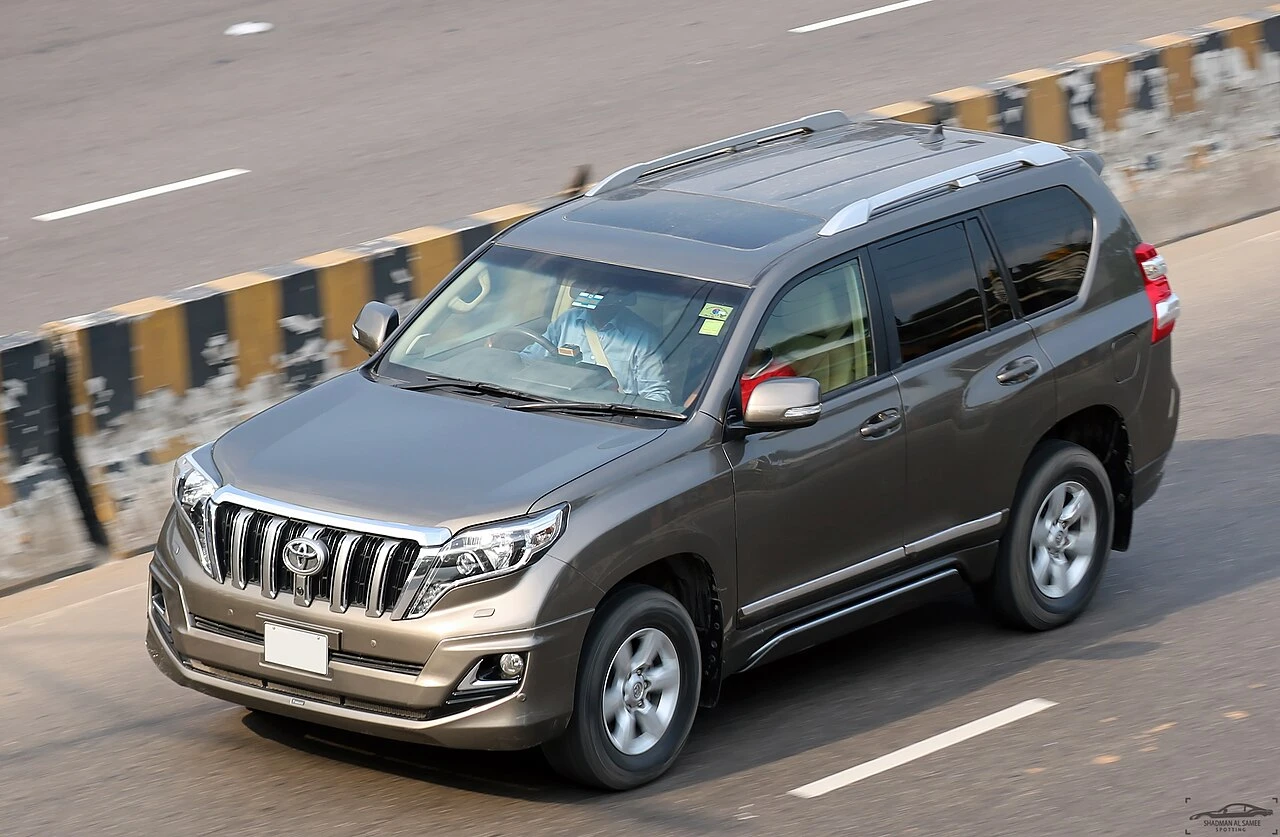
Review : Toyota Land Cruiser J150 ( 2009 - 2023 )
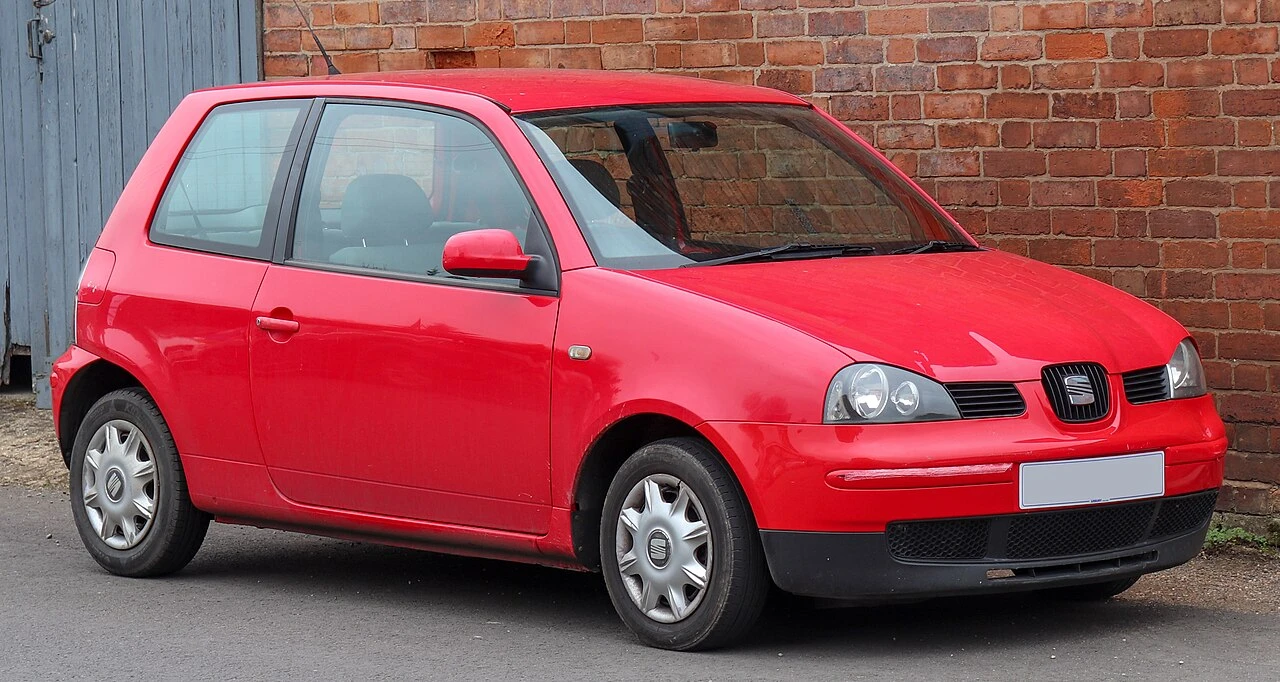
Review : Seat Arosa ( 1997 - 2004 )
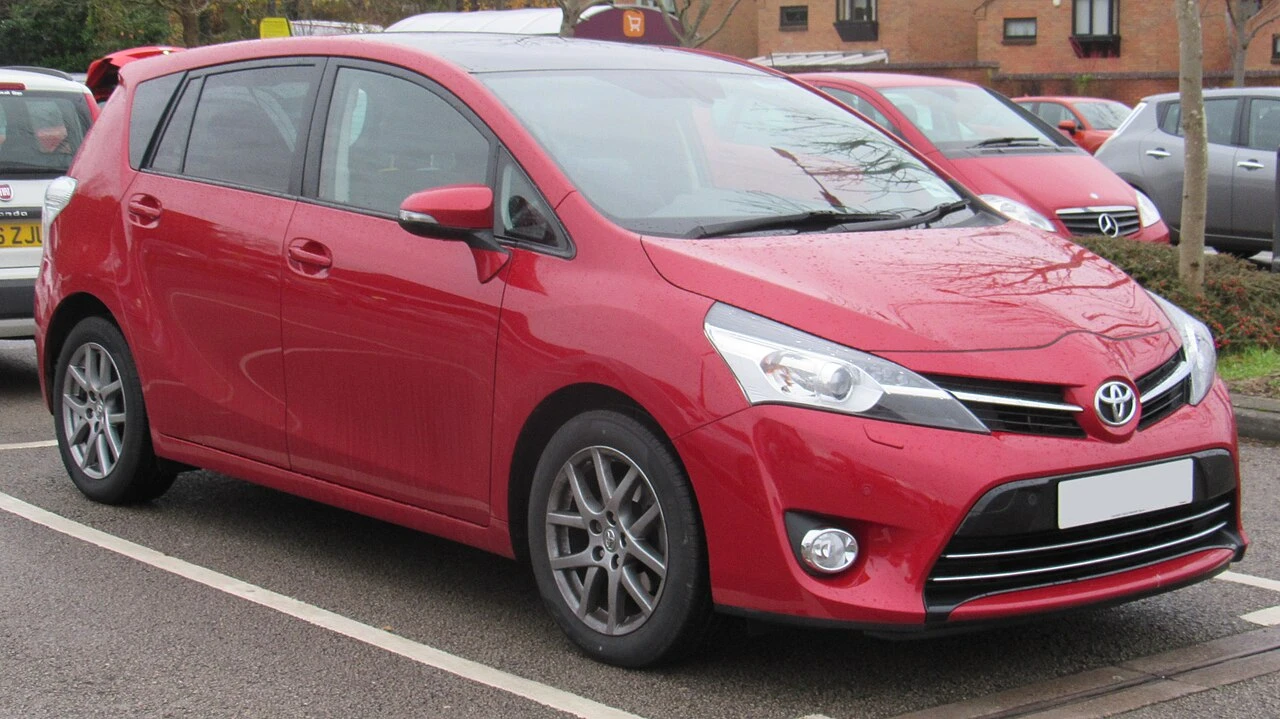
Review : Toyota Verso AR20 ( 2009 – 2013 )
Write an answer
-
-
Otto
Diesel timing chain issues were apparent on earlier engines and largely fixed on later ones, circa late 2009 I believe. See Honest John website. Suggest you do some more research. The first picture is not an E87, it an E88. The second picture is not an E87, it’s an E82.
- Review : Toyota Land Cruiser J150 ( 2009 - 2023 ) 15 December 2025
- Review : Seat Arosa ( 1997 - 2004 ) 01 October 2025
- Review : Toyota Verso AR20 ( 2009 – 2013 ) 10 November 2025
- December 2025
- November 2025
- October 2025
- August 2025
- July 2025
- April 2025
- March 2025
- February 2025
- January 2025
- December 2024
- November 2024
- October 2024
- August 2024
- July 2024
- June 2024
- May 2024
- April 2024
- March 2024
- February 2024
- January 2024
- December 2023
- November 2023
- October 2023
- September 2023
- August 2023
- July 2023
- June 2023
- May 2023
- April 2023
- March 2023
- February 2023
- January 2023
- December 2022
- November 2022
- October 2022
- September 2022
- August 2022
- July 2022
- June 2022
- May 2022
- March 2022
- April 2021
- January 2021
- December 2020
- November 2020
- October 2020
- September 2020
- August 2020
- July 2020
- March 2020
Diesel timing chain issues were apparent on earlier engines and largely fixed on later ones, circa late 2009 I believe. See Honest John website. Suggest you do some more research. The first picture is not an E87, it an E88. The second picture is not an E87, it’s an E82.